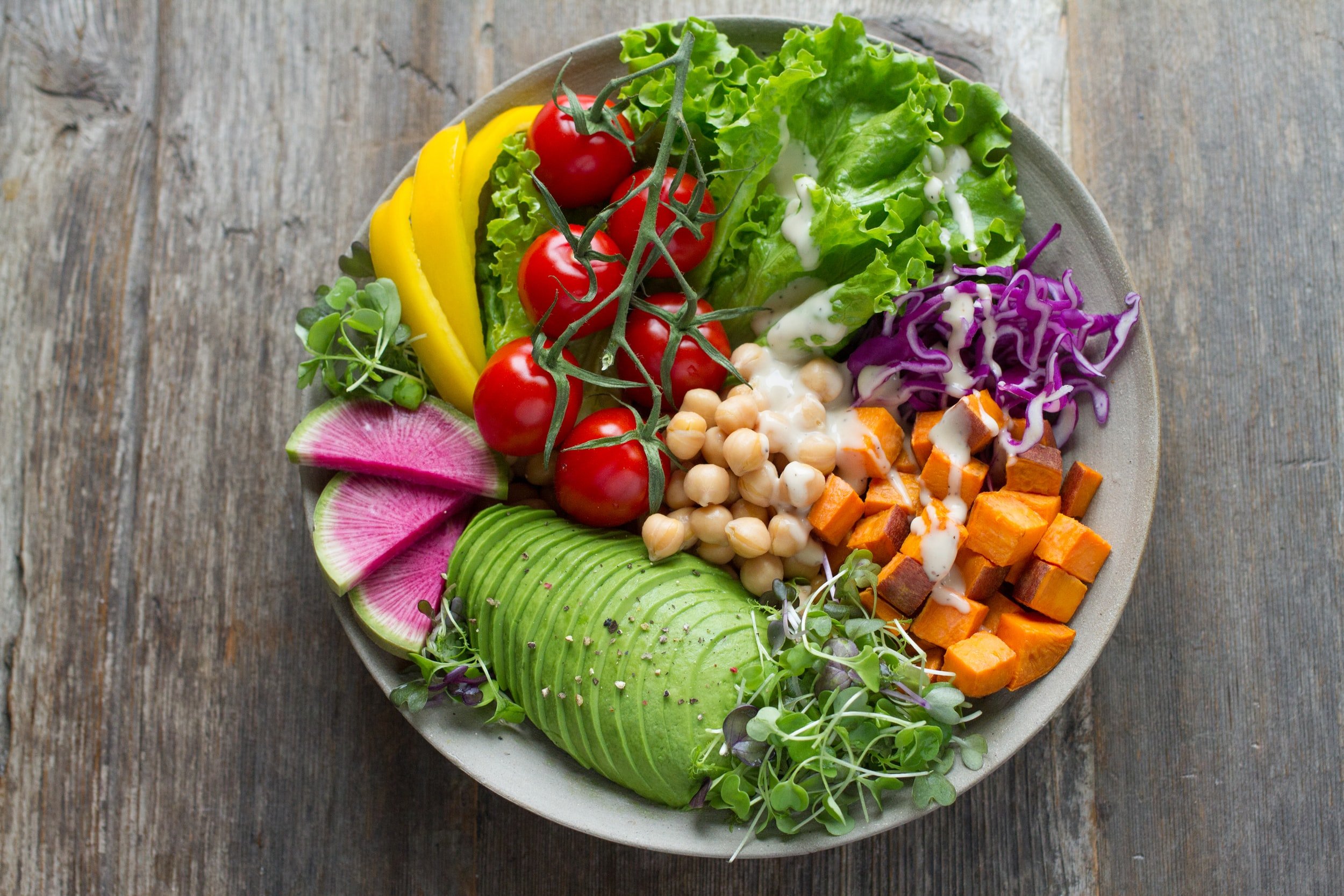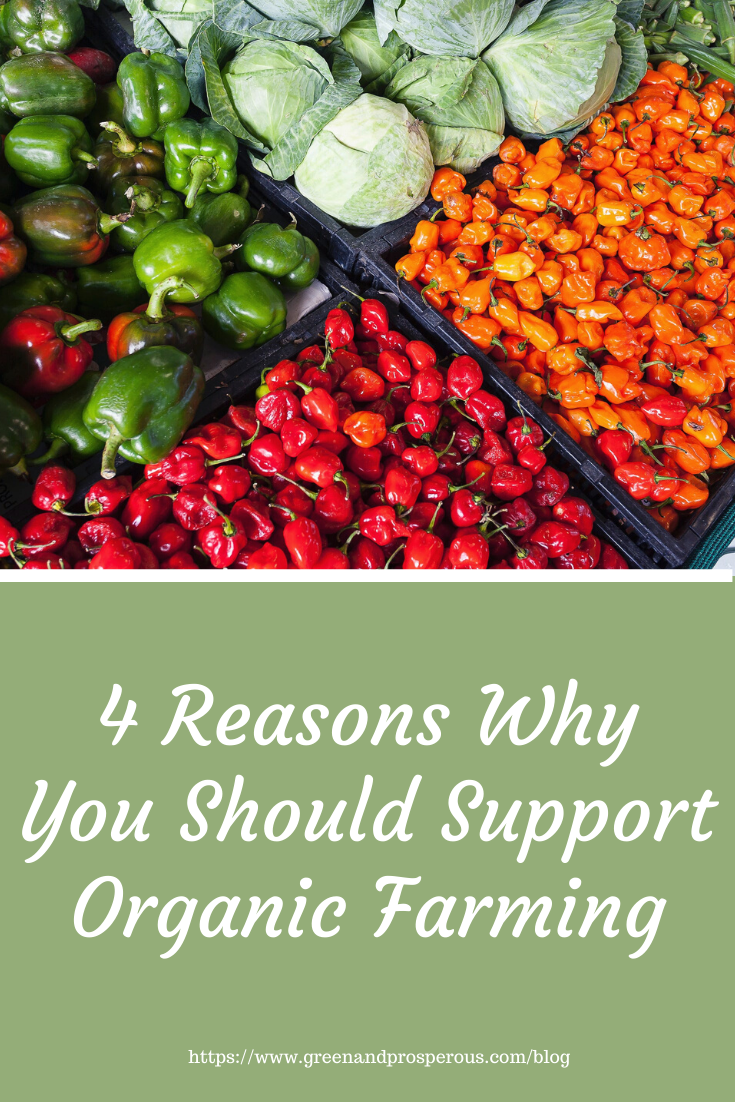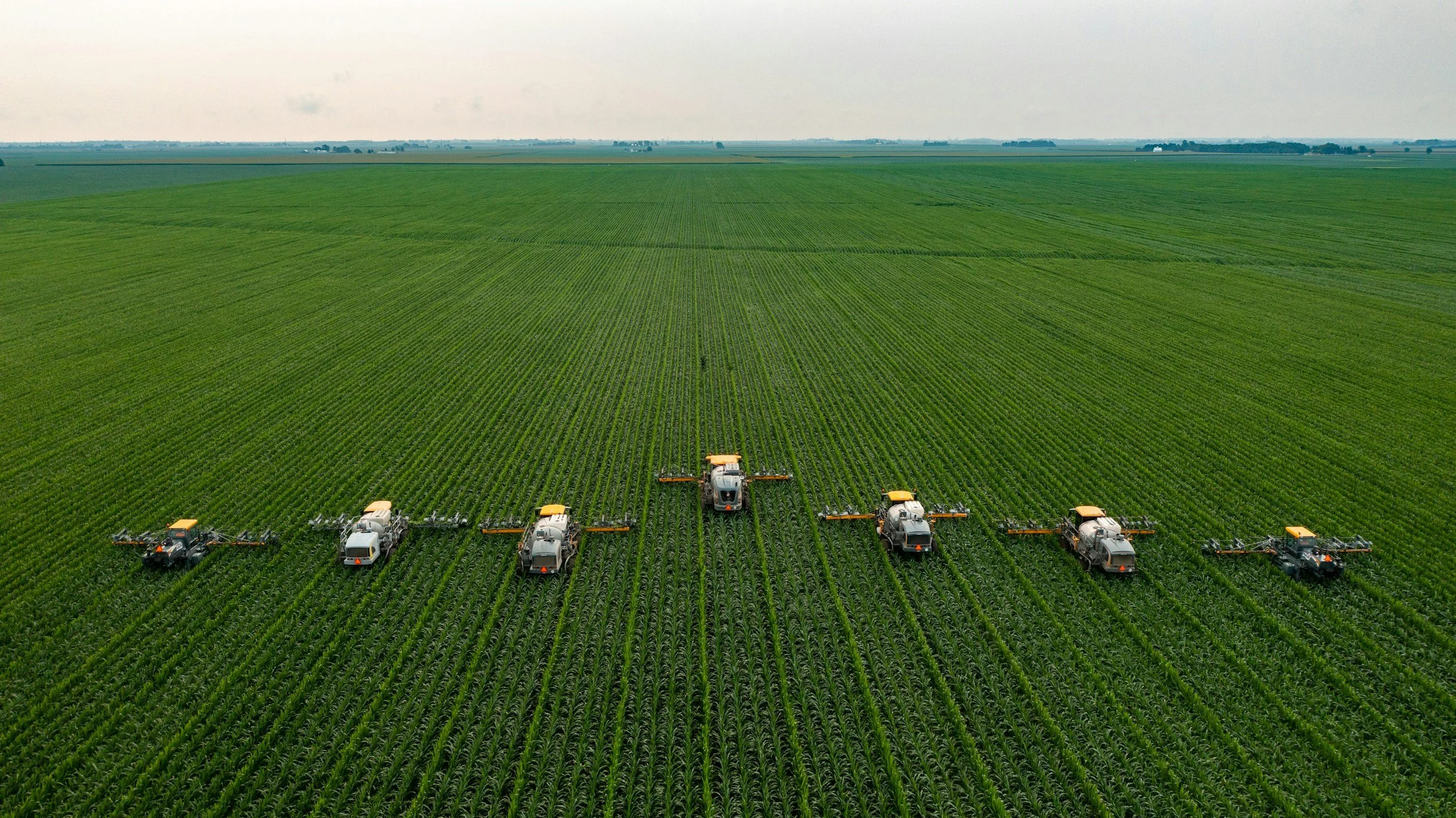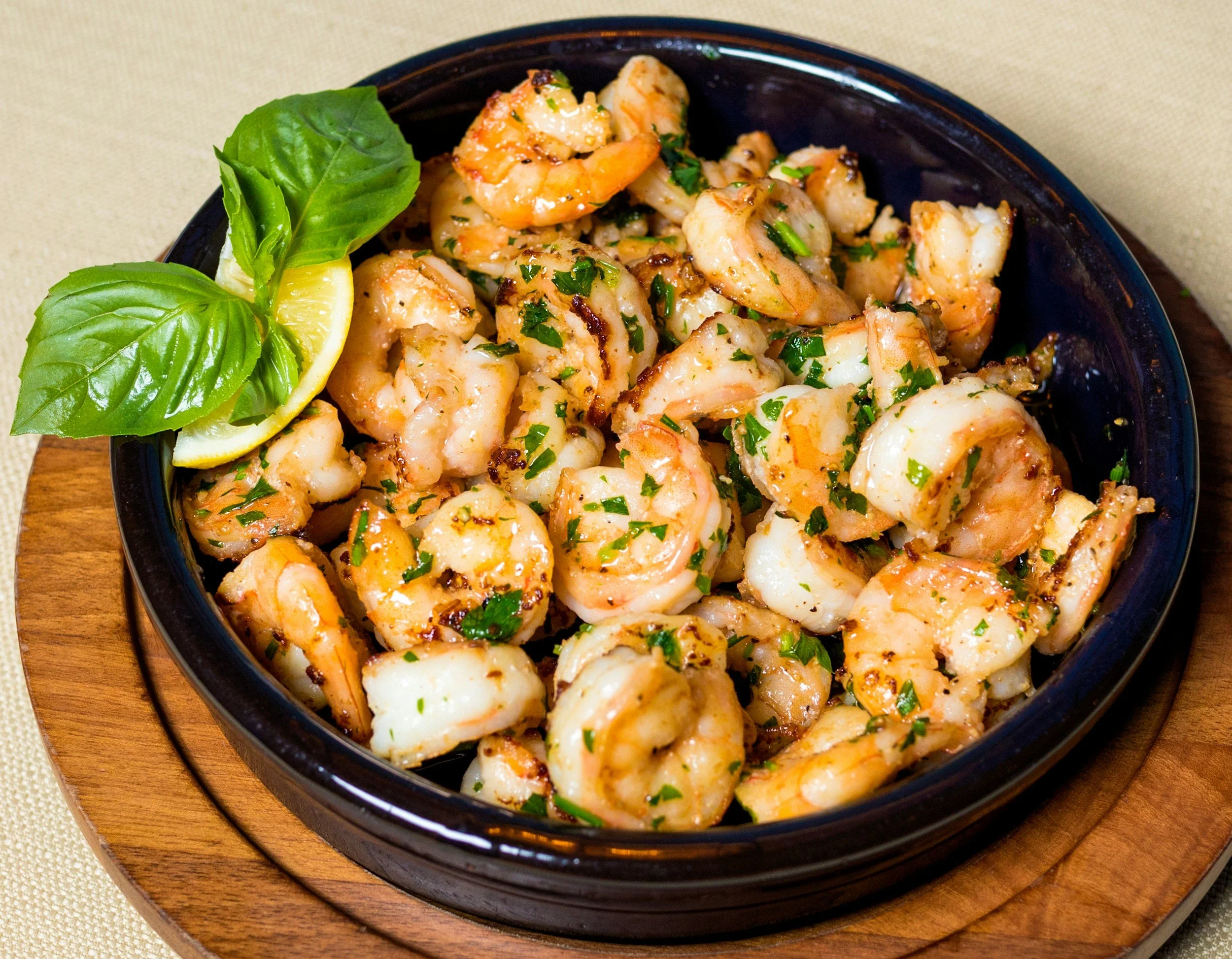4 Reasons Why You Should Support Organic Farming
/(This post is Part II of a 3-part series on Organic farming and food) .You can read Part I, written by our intern Olivia McSweeny, by clicking this link.
How many of us have considered organically grown food to be more appealing – at least in principle – to conventionally grown items? Yet despite increasing demand for organically grown food, organic farming occupies a small part of total farmland in the US. The evidence is mixed, with some studies suggesting an increase in organic farming over prior years, and others suggesting a decrease.
Despite multiple versions of the US Farm Bill since 2002 that have allocated funding for the development of organic agriculture and the promotion of sound environmental stewardship, a 2019 study by Pew Research found that less than 1% of land in the US is currently dedicated to organic farming, compared with 1.6% of farmland worldwide. Since a growing number of consumers are demanding organic products, and it is more challenging than ever to actually be an organic farmer, is there anything that ordinary people can do to support the growth of organic farming in the US?
Why don’t more farmers grow organic food?
There are many obstacles to obtaining organic certification. In fact, getting organic certification is more difficult than ever. It takes 3 years of continuous organic farming to be certified and involves the payment of several different fees (up to 75% of which are reimbursable, but only after certification). The challenges are compounded by the fact that organic farmers have much less access to subsidies and resources to make their operations financially prosperous, despite recent changes to the still-highly-problematic U.S. Farm Bill of 2018. Many farmers choose instead to adopt organic farming practices and forego the certification process. We should support them.
Four reasons to support organic farming
There are many reasons that organic farming deserves the support of consumers everywhere. Here are four of the most important ones:
1. Nutritional differences
One of the studies that touched off a series of debates (nasty fights, really) about the value of eating organically vs conventionally farmed products was conducted by Stanford University researchers and published in the September 4, 2012 issue of the Annals of Internal Medicine. That study, which relied upon 17 human studies and 223 studies of nutrients and contaminant levels in foods, determined that there were no clinically meaningful differences in terms of allergic outcomes like eczema and breathing difficulties, in terms of a type of infection (with symptoms present) from a bacteria called campylobacter, or in terms of biomarker and nutrient levels in serum, urine, breast milk, and semen in adults. The study did find significantly lower pesticide levels in the urine of children who consumed organic diets, but ultimately concluded that there is no significant nutritional difference between organic and non-organic diets.
Expectedly, the study touched off a firestorm of protest and argumentation on both sides of the organic vs. conventional debate, so much so that the researchers felt compelled to defend their study in a letter to their detractors, published in the Annals of Internal Medicine in February, 2013. One of the more intelligent critiques of the research, written by Matthew J. Edlund, MD for Psychology Today, makes a strong case for why we should not be misled by studies dismissing the differences between organic and non-organic diets. He also convincingly demonstrates why the Stanford University study was deeply flawed.
Other studies have suggested something different. For example, a study published in 2014 in the British Journal of Nutrition found that organically grown foods contain significantly higher concentrations of antioxidants such as phenolic acids, flavanones, stilbenes, flavones, flavonols and anthocyanins. These compounds have been linked in previous studies to a reduced risk of several chronic diseases, including a range of cancers and neurodegenerative diseases.
2. The Body Burden
Whatever side of the nutritional value debate you fall on, all studies have demonstrated that there is a big difference between organically grown and conventionally grown foods in terms of their effects on the body burden. The Body Burden refers to the amount of chemicals that have accumulated within the adipose tissue and the fat tissue or in the body’s organs. Most of these chemicals are harmful or potentially so, and have been classified by the US Environmental Protection Agency as possible, probable, or known human carcinogens.
One major contributor to the body burden is pesticides, which we are exposed to every day in the foods we consume.
Although we are all exposed to toxic chemicals in a variety of products we ingest, absorb, or put on our bodies every day, that is no reason to say that eating organic is not important when you consider that children’s bodies are especially susceptible to the effects of pesticides, a fact which often does not manifest until they reach adulthood. A growing body of evidence also shows that even for those of us who are healthy, pesticide exposure can cause autoimmune disorders such as rheumatoid arthritis, celiac disease, and multiple sclerosis.
As for those who say you ate conventional produce as a child and are perfectly fine now should consider how many more toxins, including pesticides, we are exposed to nowadays than we were even as little as a decade ago.
3. Organic food promotes good gut health
We now know that gut health is strongly linked to the absence or presence of disease, and that imbalance in the gut biome can cause allergies, irritable bowel syndrome, and even some cancers. Many immune disorders are also related to how efficiently the body absorbs nutrients. Nutrients are best absorbed by our bodies when we eat them in the form of unprocessed or minimally processed foods. Of course, eating organic, fresh foods as much as possible is a great way to get the most nutrients out of your food and help your body’s natural process of taking them in and using them efficiently.
As recent research conducted by numerous studies including the NutriNet-Santé Prospective Cohort Study, scientists at the Institute of Environmental Biotechnology in Austria’s Graz University of Technology, and scientists from the University of Michigan’s School of Public Health, organic, unprocessed foods performed better at increasing the number and variety of healthy gut microorganisms in human subjects. In other words, adding more organic foods to your diet (and eliminating processed foods as much as possible) helps you maintain the kinds of “good bacteria” in our intestines that can absorb nutrients optimally and help our bodies fight illness and diseases, eliminate cravings, boost metabolism, improve our mood, and reduce our body burden.
What’s more, organic foods are frequently grown in healthier soils, which means that the foods themselves are healthier because they contain more of the nutrients they are supposed to. Switching to organic food, as much as you are able to, can make a big difference in your health and energy levels very quickly.
4. Organic farming is (usually) regenerative farming
This last point is worth exploring further. Did you know that most conventional produce is grown on land whose soil has been badly damaged by decades of abuse? Monocropping and duocropping, or growing the same crop or two crops on the same plot of land year after year, with no fallow periods (i.e. letting the land rest), has damaged much of the farmland in the United States and around the world.
While it’s often more economical to monocrop because it simplifies processes of sowing and harvesting, monocropping also increases the incidence of pest outbreaks and bacterial contamination because monocultures restrict the ability of other plant and animal species to limit the spread of diseases and pests naturally, through predation. Aside from having to use more, and more lethal, pesticides and herbicides, farmers who practice monocropping and duocropping degrade the quality of the soil, leading to the depletion of vital nutrients.
Ever heard of the Dust Bowl in the US, which caused a period of severe dust storms and severely damaged the ecology of the southern plains region in the 1930s? It was partly caused by monocropping. By some accounts, continued use of monocropping will worsen the effects of climate change in years to come.
The good news is that more farmers around the world – including some big commercial agricultural players -- have begun to engage in regenerative agricultural practices that are designed to replenish the land with healthier soils. It’s still a small movement that has a long way to go to reverse decades of destructive land management policies that have not only encouraged monocropping but have enabled the destruction of diverse ecosystems for conversion to farmland.
Be an informed consumer!
It's important to become more informed about the food you consume and how it is being produced. Switching to a predominantly organic diet isn’t possible for everyone, but with the demand for organic on the rise, prices have come down a lot from where they were years ago. There are many ways, even on a tight budget, that you can incorporate more organic foods into your diet. Talking to your local organic farmer, asking your grocery store to begin stocking produce from local farmers, volunteering to help out at an organic farm or farmer’s market, and growing some of your own organic foods at home are just a few ways you can support organic farming.
Like this? Please pin!








































